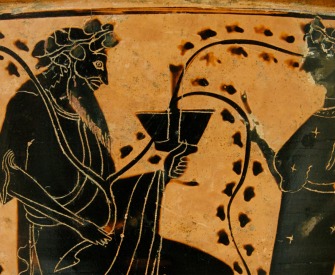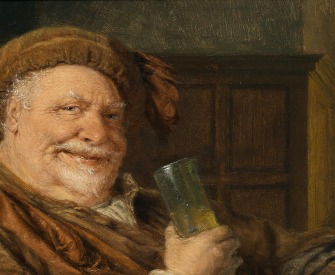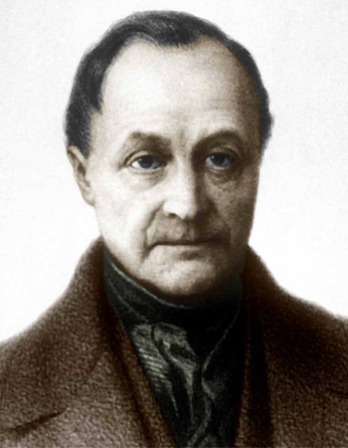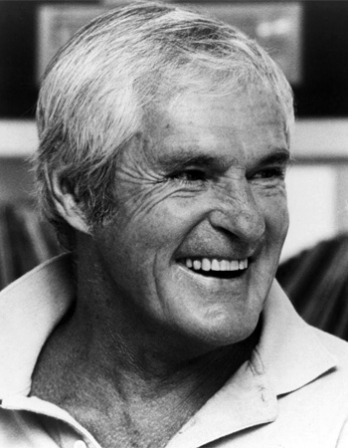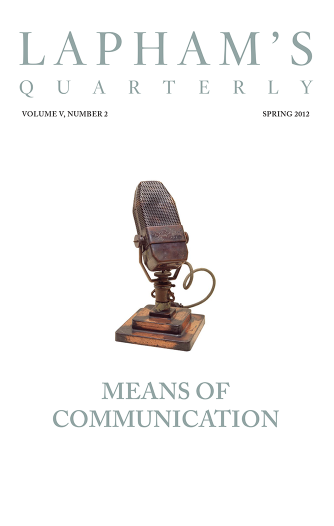There are so many coffeehouses, I know not which to enter: where the sign is painted with a woman’s hand on it, ’tis a bawdy house, where a man’s, it has another qualification—but where it has a star in the sign, ’tis calculated for every lewd purpose.
Every coffeehouse is illuminated both without and within doors; without by a fine glass lantern and within by a woman so light and splendid you may see through her without the help of a perspective. At the bar the good man always places a charming Phillis or two who invite you by their amorous glances into their smoky territories, to the loss of your sight. This is the place where several knights errant come to seat themselves at the fame table, without knowing one another, and yet talk as familiarly together as if they had been of many years acquaintance. They have scarce looked about them, when a certain liquor as black as soot is handed to them, which being foppishly fumed into their noses, eyes, and ears has the virtue to make them talk and prattle together of everything but what they should do. Now they tell their several adventures by sea and land: how they conquered the giant, were overcome by the lady, and bought a pair of waxed boots at Northampton to go a wooing in. Some were discoursing of all sorts of government: monarchical, aristocratical, and democratical; some about the choice of mayors, sheriffs, and aldermen; and others of the transcendent virtues of vinegar, pepper, and mustard. In short, I thought the whole room was a perfect resemblance of Dover court, where all speak, but nobody is heard or answered.
To the charms of coffee the wiser sort joined spirits of clary, usquebaugh, and brandy, which completely enchants the knights. By the force of these soporiferous enchantments you shall find one snoring heartily on a bench, another makes love to a beautiful Phillis at the bar, and the third, as valiant as Orlando Furioso, goes to signalize his valor in scouring the streets.
Thomas Brown, from Amusements Serious and Comical, Calculated for the Meridian of London. Coffee proved so popular among London men that some women drafted a petition against that “black, thick, nasty, bitter, stinking, nauseous puddle water.” By 1700 there were more than two thousand coffeehouses in the city.
Back to Issue
